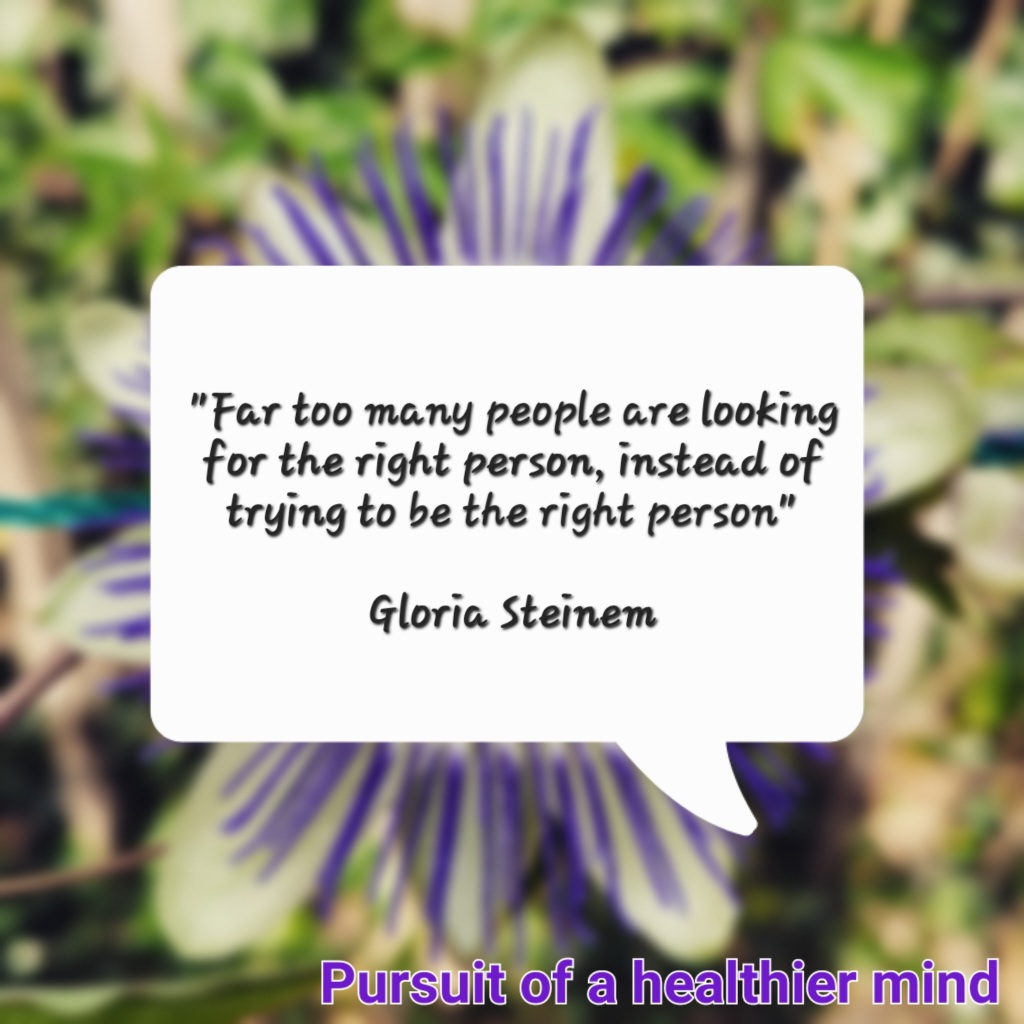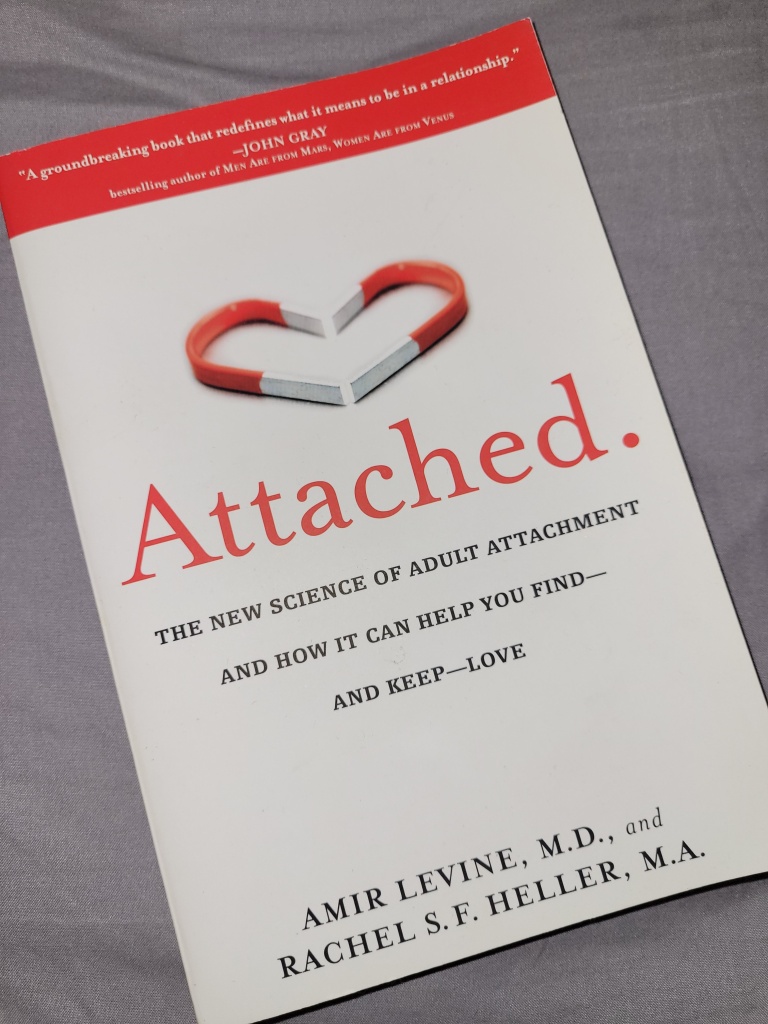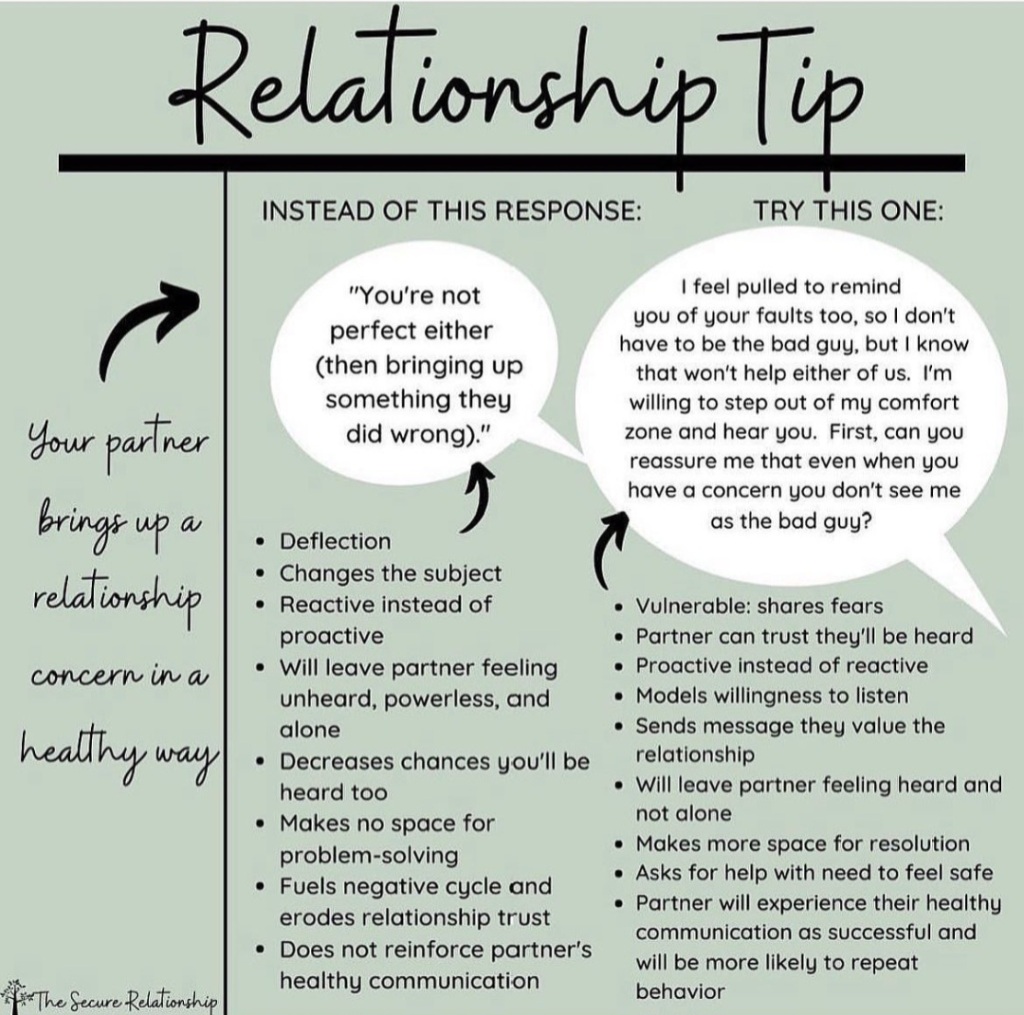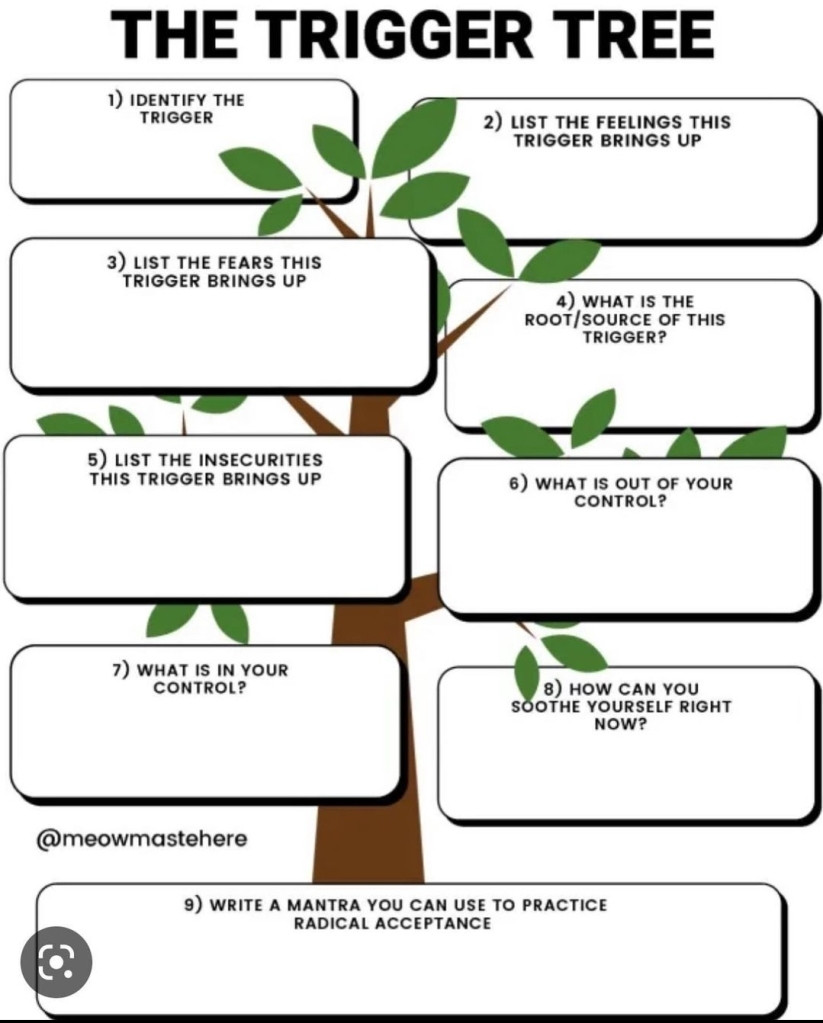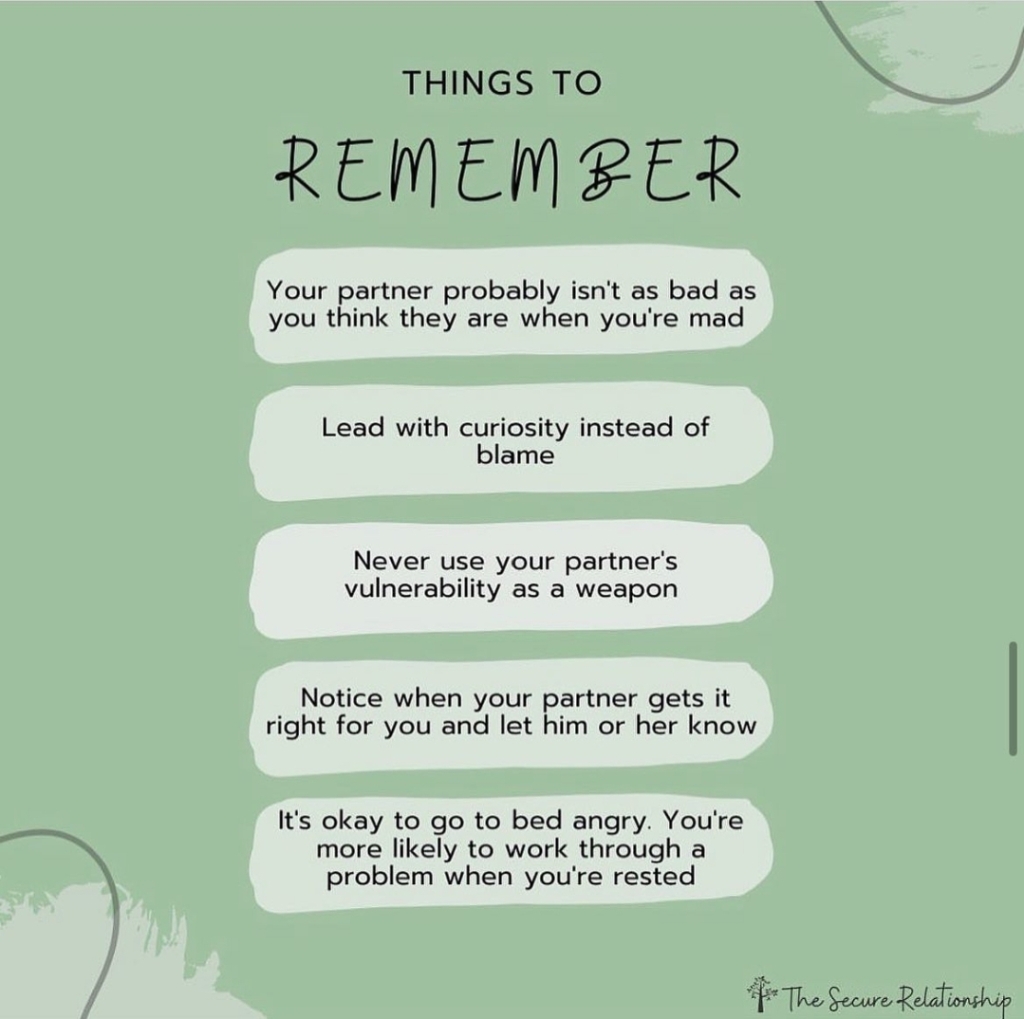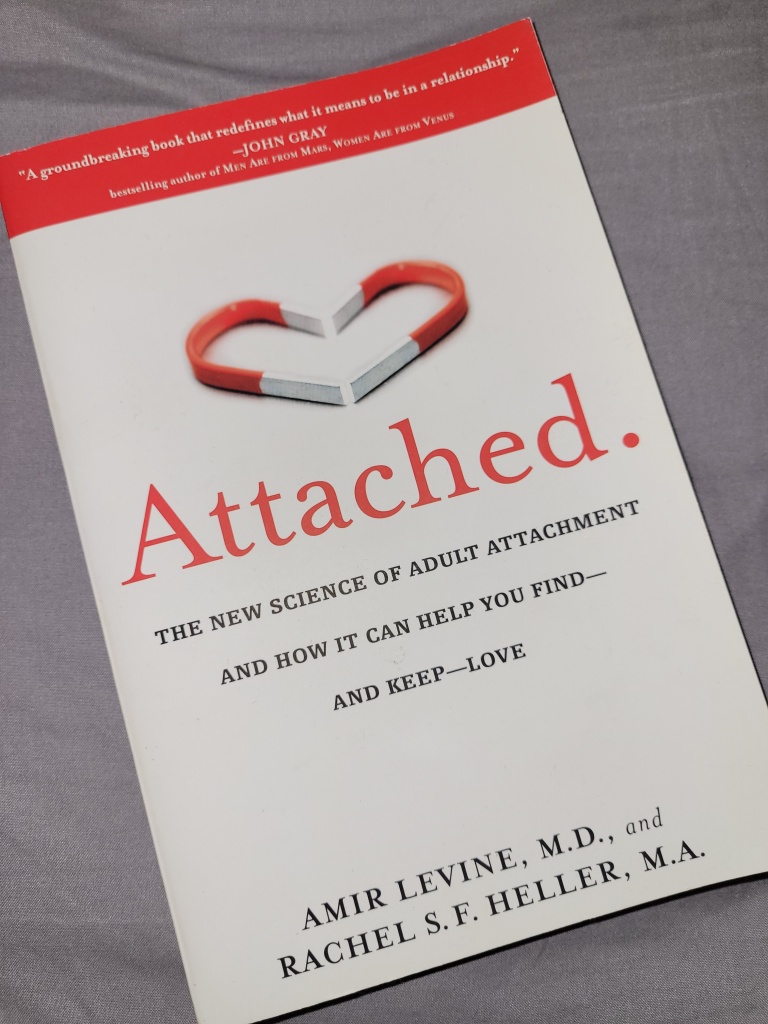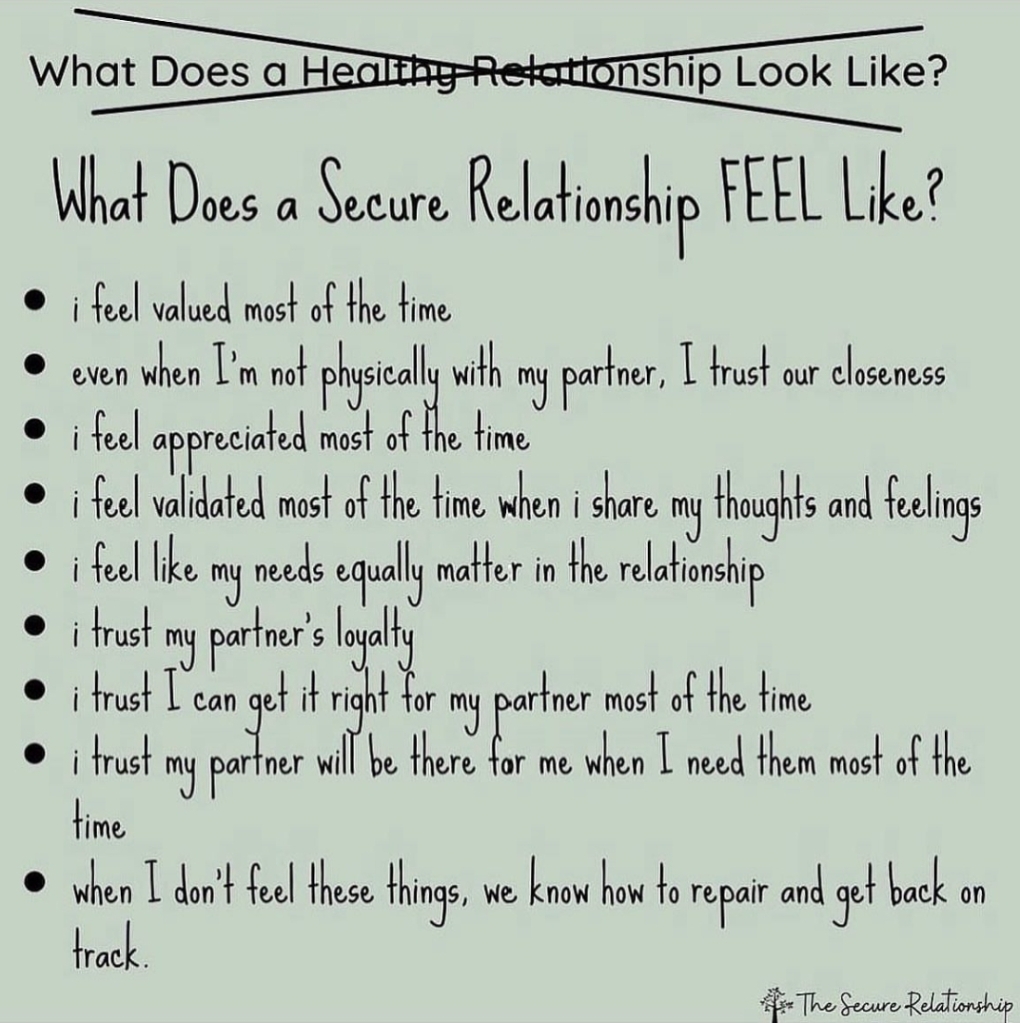I thought I would write a blog and me and my people pleasing ways. I have spent most of my life as a people pleaser, and it has caused me a lot of anxiety and unhappiness. I am just learning, through self-awareness and reflection, how to be less of a people pleaser. This is how people pleasing shows up for me. Maybe you recognise some of these behaviours or responses in yourself.
Apologising
Man, do I love apologising. I was definitely worse in the past. I basically punctuated my speech with “sorry.” I still haven’t managed to crack the habit, but might say, “Sorry to hear that,” instead (progress, not perfection!). This gets a gentler response from people. People are always surprised when I’m apologising for things and point out, “Why are you saying sorry?”. I remember once a friend was trying to sort out his sons pushchair and he couldn’t figure it out, maybe something was jammed or it wouldn’t open or closed. I wasn’t helping but just in the room, and he made a comment about it, and I replied “sorry”. He was like, “What?”, but I felt bad for not being able to help or not having the answer. People pleasing just makes you feel responsible for everyone around you.
The last word
As I started to reflect on my own people pleasing, this was a behaviour I noticed in myself, but it was never pointed out to me. If you text or WhatsApp me, I had to be the last one to message. Leaving someone on read, even when the conversation had naturally closed, just made me feel yuck inside. Even if it was just a smiley emoji, I had to be the last one to message. Ironically, I have a terrible text tone, apparently, so I probably should have been more aware of that! 😬

Compensating
I feel like I have to over compensate in so many ways. If I felt like I’ve done something wrong, I’d give a gift to make up for it. Or if I received a gift, I would be sure I reciprocated with the same or higher value. Christmas has become a minefield recently as I have become more aware of that desire to buy more because what I’ve got is not good enough. It’s not enough. I’m not able to attend a friends baby shower as I’m at a music festival, and that was already planned before the shower, so I thought of sending her flowers on the day. I’ve apologised to her face, we gave organised another date to do something small, and I’ve already got a gift, however, that bad, guilty feeling inside of me needs relieving. This does not always relate to gifts and material things, but also activities or going out of your way to be there and going above and beyond. Need a lift? I’ll be there. Need support? I’ll support you. I can be everything to anyone and everyone.
Indecision
This one, I hate. I personally don’t know if I can work on this one because I genuinely feel sometimes quite laid back about things, but sometimes it is to appease people. This has been brought up to me over and over again in my present relationship and in past relationships that I just don’t choose things! What take away we will have, what we will watch on TV, etc. I think I am quite good, I do plan a lot of stuff, and I do take charge in a lot of ways. But maybe on a people pleasing scale, there’s still room to improve. My journey is ongoing…
Dismissive
This is a big one and one of my most toxic traits that impact unhealthy communication in relationships. “I didn’t mean it.” If a partner or friend shares an issue with me or is upset with me, then I’m dismissive. I focus on the fact that I never intended that to happen and try furiously to get them to understand how I’m completely innocent. This stops me from hearing my partner. It stops me from taking accountability and stops us having healthy communication or a healthy relationship. I’ve had to work on this because it really was a knee-jerk reaction, and feeling someone is angry or upset with me is horrific for me. I’ve also noticed that I am overly sensitive to the experience of someone giving me corrective or negative feedback. My experience is that they are so angry at me, which is not always the case.
These traits are not healthy because they are driven by the need to squash that guilty feeling and the story of “I’m not good enough.” It also impacts the people around you and your relationships. I’m definitely working on getting the balance right because you do have to compromise and put aside your own needs for the people around you (if they mean something to you). It’s tricky to learn.

Many of these behaviours and traits relate to my childhood. Understanding your own childhood can help you understand these behaviours, process them, and move forward. You should consider doing this with support, if possible.
What do you think your people pleasing behaviours are? Or did some of these resonate with you, and you’re discovering you may be a people pleaser? Share your thoughts below, or share via the Instagram page.
